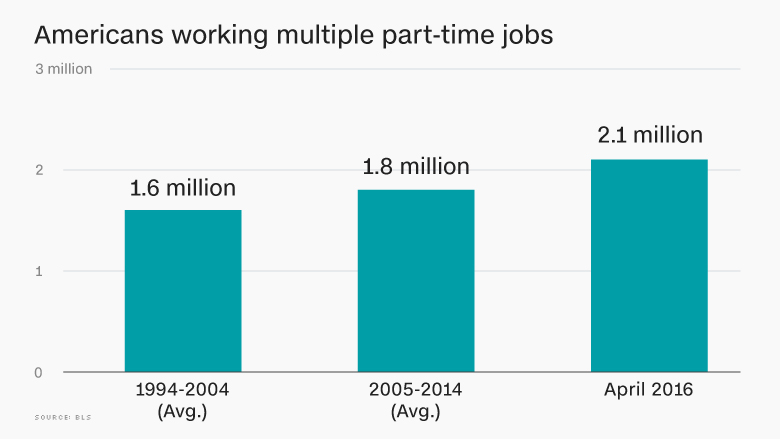I believe Project Ara can be a revolutionary game-changer in the mobile phone (maybe all electronic gadget) market. But I really hope Google's Android can have higher integrity in user platform and enhanced security. Without software's integrity, hardware module is just a fad. The video looks very cool, but do you remember the fad of Google Glass?
Watch out, Apple! (However, I still think design integrity in Apple is executed much better than free-spirited Google)
The upfront cost for consumers to customized a modular Android phone can be more expensive (it's like the bill of a-la-carte sushi restaurant, always surprising). But in the long run, it may lead to a more eco-friendly, less wasteful market for electronic products and save $$$ for consumers. There will be less total revenue (and profit) for smartphone manufacturers like Samsung, LG, HTC, ... etc. in the long run if Project Ara is executed right, and they (Samsung, LG, HTC) may eventually be downgraded to "module provider" if lucky.
The upfront cost for consumers to customized a modular Android phone can be more expensive (it's like the bill of a-la-carte sushi restaurant, always surprising). But in the long run, it may lead to a more eco-friendly, less wasteful market for electronic products and save $$$ for consumers. There will be less total revenue (and profit) for smartphone manufacturers like Samsung, LG, HTC, ... etc. in the long run if Project Ara is executed right, and they (Samsung, LG, HTC) may eventually be downgraded to "module provider" if lucky.
 |
| Modular upgrade according to consumer's need |




